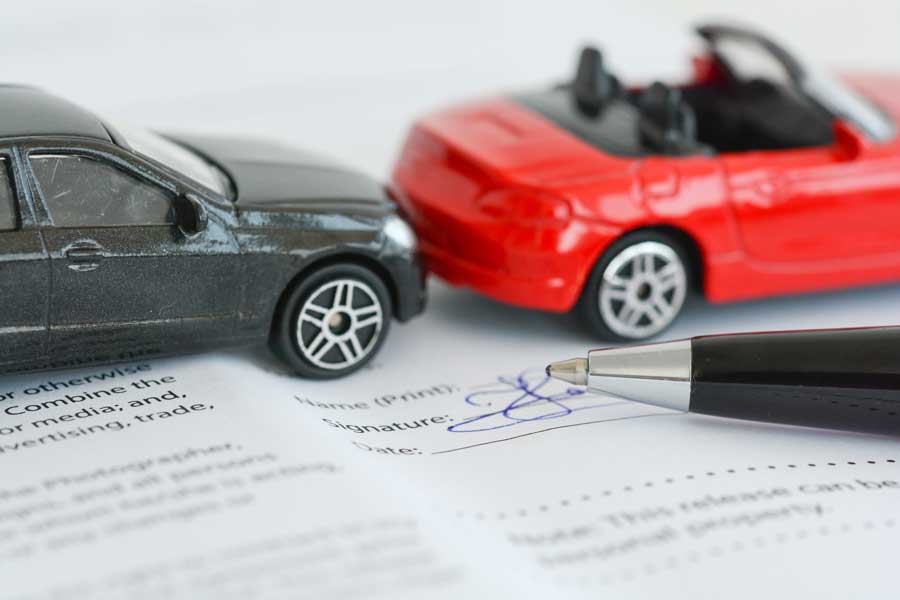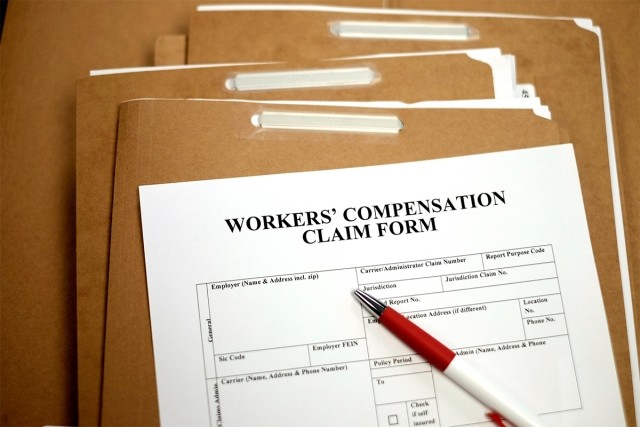Blog
Avoid Unwarranted Damage Charges for Rental Vehicles
When your employees are renting a vehicle on the company's time or dime, it's important to be aware of something that could cost you: pre-existing rental vehicle damages. Even if the damages were caused by someone other than your employee, they can often result in unwanted (and sometimes hefty) fees.
What's worse is that, even if you know you're not responsible for the damage, you'll still have to foot the bill if you have no solid evidence to support your claim. However, there are a few key things you can do to avoid paying for rental car damages you didn't cause. Here's how.

Before Renting a Vehicle
Prior to renting a vehicle, it's important that the employee who's going to be driving the vehicle takes the time to perform a thorough check for damages. They should be sure to check the vehicle's:
- Sides
- Front and back
- Roof
- Hood
- Trunk
- Windows
During the check, they should be on the lookout for:
- Blemishes
- Scratches
- Indentations, no matter how slight
- Dirt marks (damages can sometimes be masked by dirt)
After completing the check, it's essential that the employee then notifies a representative of the rental company of any damages. To avoid future fees, the employee should do their best to make sure that the representative creates a dated record of the damages.
Further, to ensure that everything is properly documented, renters should take pictures or videos of any defects or damage with their smartphones.
Remember, if the renter leaves with the vehicle without notifying the rental company of the damages, those damages will automatically become your responsibility, even if you didn't cause them.
When Returning a Vehicle
When returning the rental vehicle, your employee should:
- Return the vehicle during regular business hours, rather than dropping it off before or after the rental office has closed.
- Have a rental company representative conduct a complete inspection.
- Request a copy of the "conditions report."
- Request a copy of the final receipt.
The conditions report is the document that contains a list of all damages, if any, and will be very important for you to have later on should the car rental company send you a damage claim.
Be sure to file the conditions report and final receipt in your internal records right away, so they can be used for reference in the future as needed.
After Returning a Vehicle
Sometimes, even if the vehicle is returned with no damages, you may still receive a letter from the car rental company a few weeks later asserting there are damages.
Luckily, if a copy of the conditions report and final receipt have been saved, they will serve to prove that the vehicle was returned with no damages and thus the renter cannot be charged a fee for the alleged damages.
If you do end up being billed for damages that you didn't cause, turn this claim matter into your insurance brokerage for review by providing copies of the following:
- The smartphone photos and/or videos that the renter captured prior to renting the car.
- A copy of the rental company's record of damages upon renting the car.
- A copy of the conditions report.
- A copy of the final receipt.
Since rental agencies aren't known for working quickly, it can take anywhere from a few weeks to a few months for them to generate their repair billing. We recommend you keep an eye out for any rental agency correspondence. Once received, forward these documents your insurance brokerage for review so they can help you determine the next steps.
Although you can't stop rental companies from charging you fees, you can be prepared to counter them when the time comes.
Table of Contents











